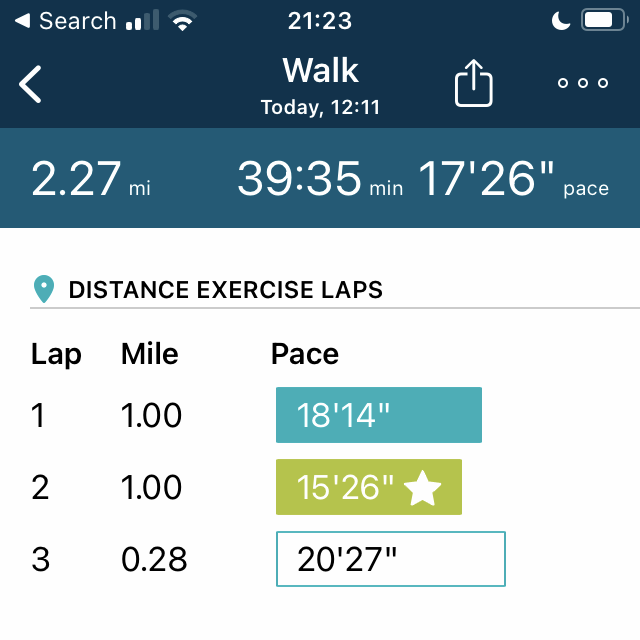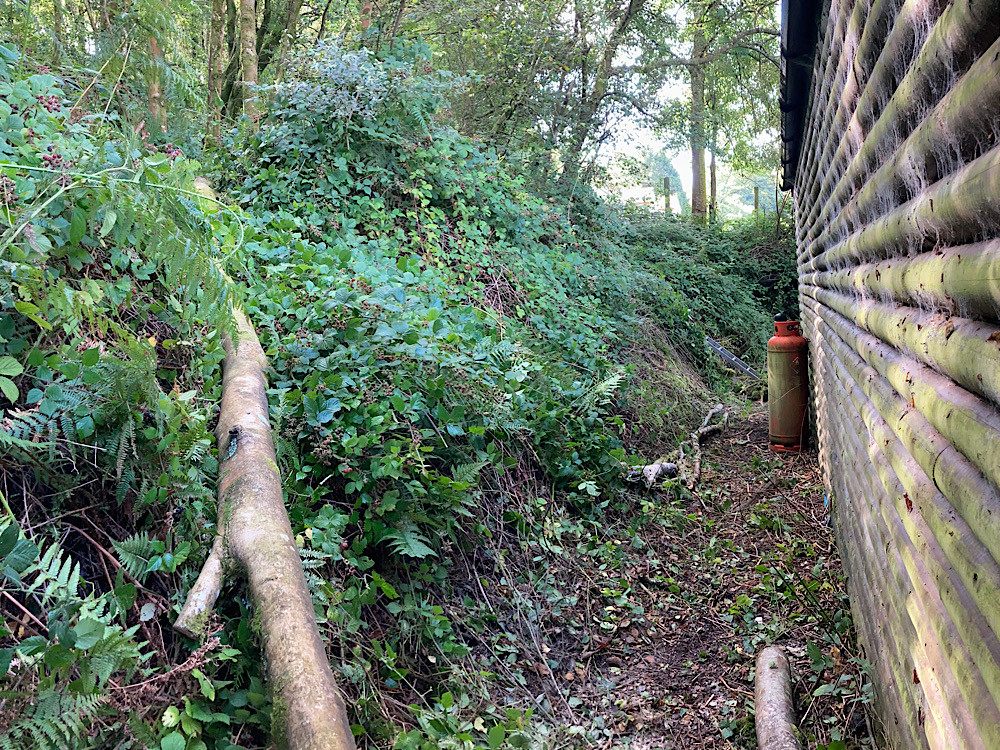There is no piece of straw incapable of breaking the camel’s back. Because there’s nothing particularly interesting about the final piece of straw, it’s the total mass. Over the past week I’ve been attacking my lists in a sort of upside down fashion. There are some big, low-priority things sitting at the bottom of my lists for some time. They’ve resisted my finely-honed urge to summarily delete them; each time I consider them I remain sure I want to actually do them. None the less, I see them and I know they’re there and they weigh upon my mind.
Left unchecked, every life flows away from higher aims and towards the path of least resistance. Daily practices can help stem this slide. But staying on course requires check-ins that are too big to do every day, and too important to only accomplish monthly (or yearly).
~ Brett McKay from, «https://www.artofmanliness.com/character/habits/sunday-firesides-theres-only-so-far-you-can-get-off-track-in-a-week/»
slip:4uaoca18.
Last weekend, as I often do, I did a review and decided to focus on those big, low-priority items. And to my surprise, I’ve been springing out of bed at 530—the normally targeted time, but which is often a struggle—and smashing these items in multi-hour dashes. Crossing them off one by one has been sublime. The magic seems to be the combination of going to bed knowing I’m going to start tomorrow working on those things which are actually on my mind, and knowing that I’ve set myself a specific window of days to smash this stuff.
ɕ






